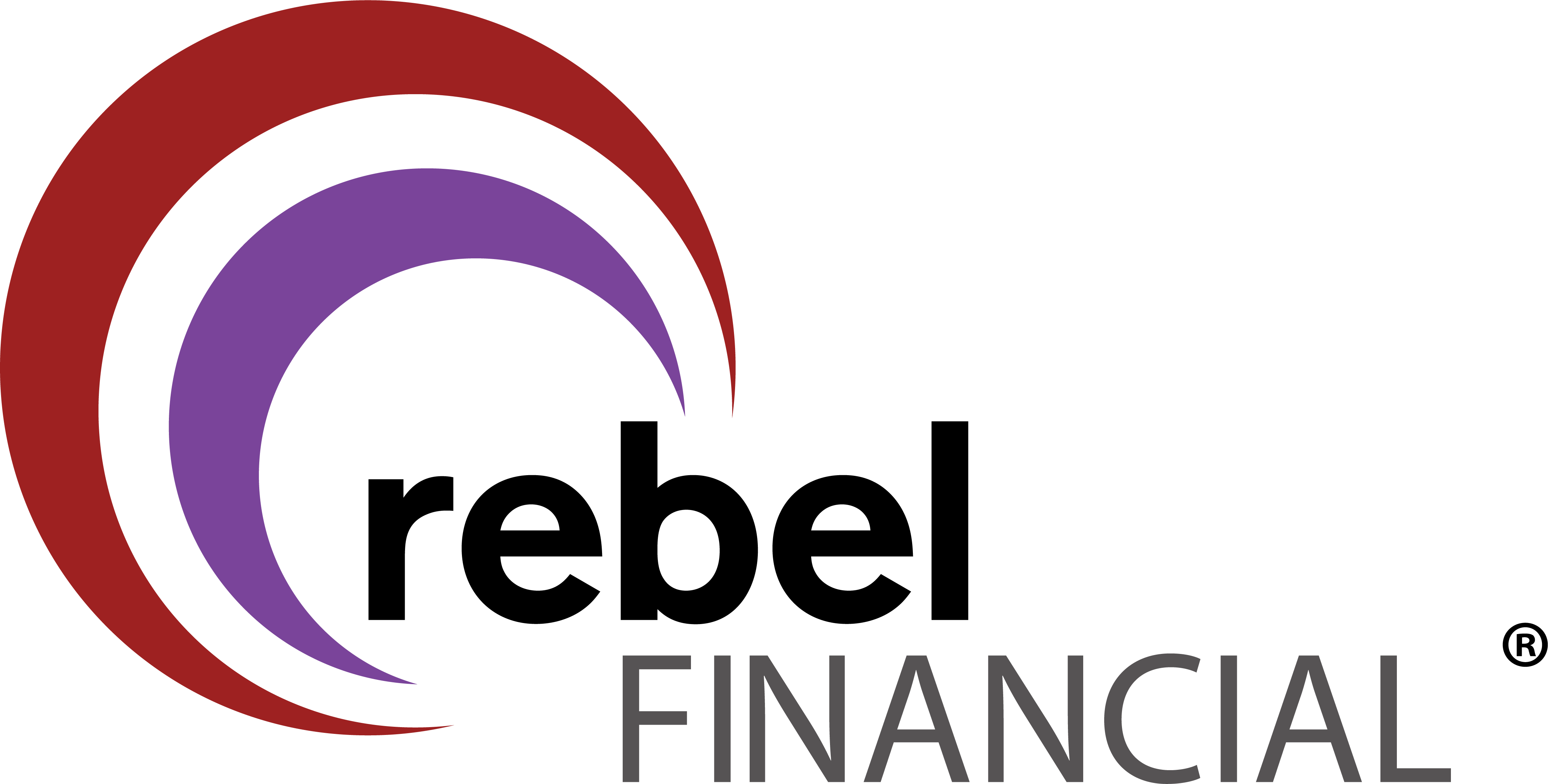We don’t yet have a clear report card on how well-educated America’s students have been this school year, with so much remote learning during the pandemic. But there is a wealth of statistics about how America’s educational system compares with other countries. The National Center for Education Statistics examines between 58 and 61 different educational systems around the world, and measures the academic proficiency of their students from a variety of angles.










